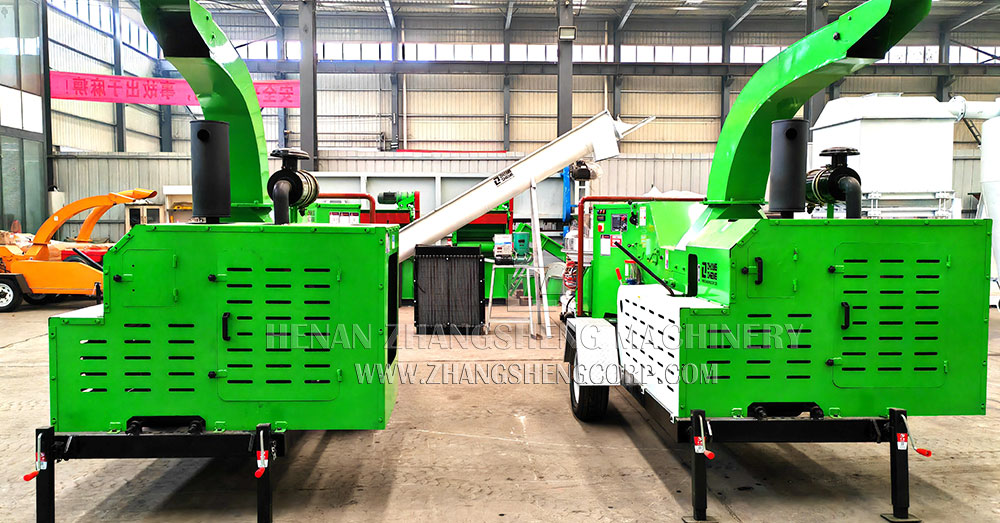Wood chippers offer a range of benefits that enhance their value for both residential and commercial users.
Waste Reduction
One of the primary advantages of using a wood chipper is its ability to significantly reduce the volume of wood waste. By converting large branches and debris into small chips, chippers facilitate easier disposal and transport. This waste reduction not only streamlines clean-up processes but also decreases the frequency and costs associated with waste removal services. Whether you're clearing fallen branches after a storm or processing material from routine landscaping, a chipper can dramatically minimize your workload.

Versatile Applications
The versatility of wood chippers is another major selling point. The resulting wood chips can be utilized in various applications, from landscaping and mulching to composting and biomass fuel. By using chips as mulch in gardens, for example, you can suppress weed growth, retain moisture, and improve soil health. Additionally, chipped wood can be composted to create nutrient-rich soil amendments. This multifaceted utility enhances the overall sustainability of your operations and encourages eco-friendly practices.
Cost Efficiency
Investing in a wood chipper can lead to significant cost savings. By processing wood waste on-site, you eliminate the need for costly disposal services. Furthermore, using the chips for landscaping or composting reduces the need to purchase additional materials, resulting in further financial benefits. For businesses that manage large amounts of wood waste, the savings can quickly add up, making a wood chipper a wise investment.


